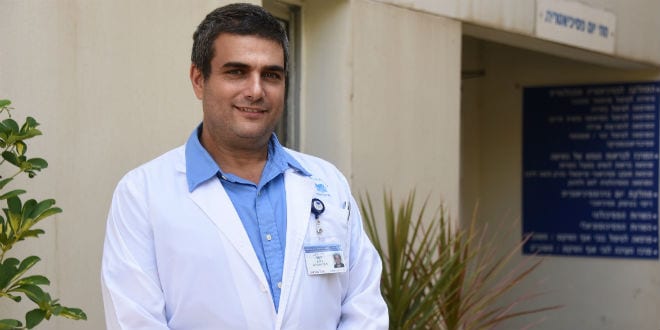Most people feel sad or low at some point in their lives; this is completely normal. That is very different from clinical depression, which is characterized by feeling depressed most of the day, sometimes especially in the morning, and losing interest in normal relationships and activities.
When these symptoms present themselves every day for at least two weeks, along with a constant sense of hopelessness and despair, it is possible that he or she suffers from clinical depression, which is also known as “major depression.”
Such individuals may find it difficult to go to work, eat properly, study and sleep. Major depression can sometimes be handed down from one generation to the next, but often it may affect people with no family history of the illness.
Clinical depression currently affects about 7% of Americans, for example, and according to the US National Institute of Mental Health, between a fifth to a quarter of adults may suffer an episode of major depression at some time in their lives. The condition can also affect children and teenagers, but in such cases, it often goes undiagnosed and untreated in this group.
Women are twice as likely than men to suffer major depression, partly because of the influence of hormonal changes, pregnancy, miscarriage and menopause, as well as being overworked by the double burden of raising their families, taking care of the home and working outside.
There is a variety of drugs for clinical depression, but many who take them suffer from debilitating side effects; the drugs can take at least three weeks before any benefit shows up; and in almost a third of patients, they are not effective at all.
But now there is an oral treatment for clinical depression that has been found by Israeli researchers to be safe, effective and quick. The innovative study at Tel Aviv Sourasky Medical Center has examined the effect of ketamine – an injected drug used widely as anesthesia, for pain, in pediatric medicine and in emergency medicine. It is also known as a “party drug.”
Ketamine, which was first used in anesthesia medicine about half a century ago, was used on wounded soldiers in the Vietnam War. It temporarily takes over a certain chemical receptor in the brain. It can help alleviate pain at low doses and has replaced morphine after surgery or been used for relieving the horrible pain suffered by burns patients. As in higher doses it can make it difficult for a person to move or talk, to speak or move, and it has been abused as a date-rape drug.
The US Food and Drug Administration has not yet approved ketamine for treating clinical depression, but it has been used experimentally.
The study – led by Dr. Yoav Domany of Sourasky’s psychiatry department and Dr. Maya Bleich-Cohen and Dr. Haggai Sharon of the Center for cardiovascular function at the hospital – examined the possibility of administering the drug in pill form. This may pave the way for treatment in community clinics or even in the patient’s home. In recent years, data showing that infusion of ketamine helps to reduce depressive symptoms have accumulated.
The researchers conducted a randomized, placebo-controlled, double-blind study (neither the researchers nor the subjects were aware of whether they had received placebo or ketamine). People who suffered from a psychotic disorder or psychotic symptoms, bipolar disorder, alcohol or substance misuse or an unstable medical illness were excluded from the study.
Forty-one Hebrew-speaking patients aged 18 to 75 who were suffering from depression resistant to drug therapy were recruited. They were randomly assigned to two groups – one receiving ketamine and the other being given a sugar pill (placebo). Patients received the treatment for 21 days, three times a week, while the first doses were given in the hospital and then some of the doses were given in the patients’ homes. During the study period, data were collected on the severity of patients’ depression through specific questionnaires that measure depression symptoms.
The results showed that the ketamine pill helped reduce depressive symptoms quickly within hours rather than weeks – and that relief continued throughout the study, while the placebo group showed no similar improvement. Furthermore, in the ketamine group, symptoms of depression completely disappeared in most of them. In terms of safety of the treatment, mild side effects such as fatigue, nausea, and dizziness were seen in some patients, but all these effects passed within an hour.
Domany called the study “groundbreaking because it raises the possibility of giving ketamine orally.” He concluded that while the results were very promising, “they cannot yet be applied to clinical practice without larger, randomized studies,” which are needed to decide on optimal dosing regimens, patient selection and treatment duration to properly assess the safety of long-term ketamine usage. The risk of misuse of the drug must also be considered, as well as how patients can safely take ketamine at home. “Finally, it seems plausible to examine the possible role of oral ketamine in the treatment of people with acute suicidal thoughts and additional psychopathologies.”
The results of the study were recently published in full in the British Journal of Psychiatry, and they have already been presented at conferences in Israel and abroad, where the researchers were awarded prizes and scholarships.




